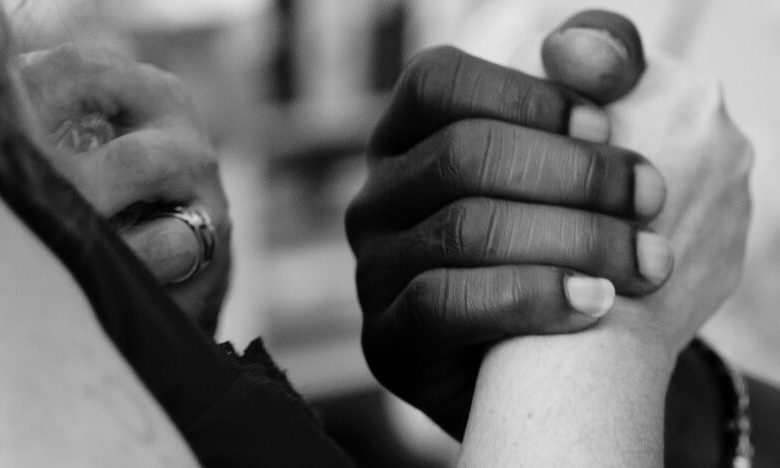Geena Davis’ Diversity Tech Doomed to Fail, or Worse

Oscar-winner Geena Davis thinks artificial intelligence can make Hollywood a better, more inclusive place.
Davis just teamed with Disney, the world’s dominant movie studio, to unleash a high-tech program meant to bring diversity to films at long last.
The Hollywood Reporter shares the news, taken from Davis’s presentation earlier this week at New Zealand’s Power of Inclusion conference.
Named “GD-IQ: Spellcheck for Bias,” the new tool leverages patented machine learning technology developed at the University of Southern California Viterbi School of Engineering to rapidly analyze the text of a script to determine its number of male and female characters and whether they are representative of the real population at large.
The technology also can discern the numbers of characters who are people of color, LGBTQI, possess disabilities or belong to other groups typically underrepresented and failed by Hollywood storytelling.
Davis insists her program won’t force change, per se.
Davis says the goal is not to “shame and blame” screen creators, but rather to reveal the unconscious bias that commonly manifests in even the most well-meaning screenwriter’s work. With the data in hand, informed adjustments can be made to scripts so that they don’t perpetuate stereotypes and their pernicious real-world effects.
Like shows and movies depicting ICE agents as monsters? Or conservatives revealed as cold-blooded villains? Does Davis’ tech revolution touch on those issues?
RELATED: “Spider-Man: Into the Spider-Verse’ Is Diversity Done Right
Hollywood biases are all too real, and some likely stem from cultural inequities. The new technology, though, threatens to take creative options out of the artist’s hands.
What if a story is set in an inner-city neighborhood where the majority of citizens are black? How about the tale of a Latina girl struggling to escape her oppressive father? What about an Irish Catholic family coming to grips with a tortured legacy?
Dozens of similar examples spring to mind, rendering Davis’ tech useless.
Or worse.
Imagine the battles between young artists and Team Disney over submitted scripts. Who has more clout, the unknown scribe or the biggest studio around? And to what end? Will the process intimidate artists, forcing them to abide by rules that clash with their original vision?
Davis is outspoken on the issue of screen representation, and it’s a subject worth exploring.
Her latest solution brings up plenty of new, nagging challenges.
If a script comes back with a gaggle of “wrong think” characters, will nothing change as a result? Or will the studio force people of color into existing roles? Will those changes be organic and vital to the story, or clumsy additions that rob from the narrative’s clout?
Davis’s tech sounds like a digitized version of woke culture, a toxic trend that leaves plenty of people behind. Does Davis’ system deal with blue collar characters? People of faith? Stay-at-home mothers? Were those groups, often treated shabbily by Hollywood, plugged into the algorithms?
If not, why not?
RELATED: How Brie Larson Can Actually Boost Diversity
Change takes time. The #MeToo movement and a growing awareness of gender inequality in Hollywood is already having an impact. It’s never overnight, though.
It may feel like progress to greenlight Davis’ technology, to guilt storytellers into telling the “right” stories. It’s hard to see this program ending in anything but frustration.
And then there’s the bottom line. What if the first few films made under the spell check tech under-perform at the box office? Will Disney panic and ditch the partnership?
The technology may cause far more problems than it solves.

